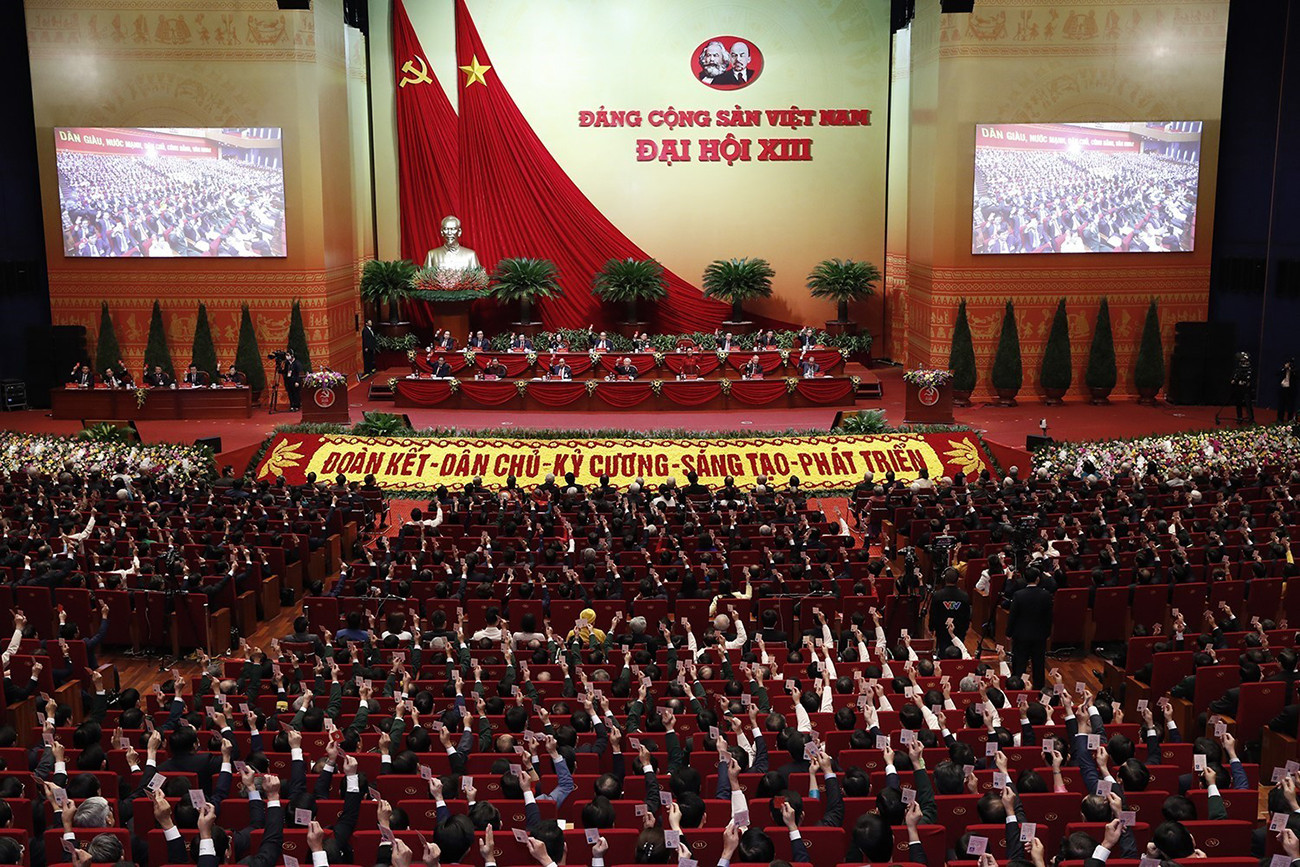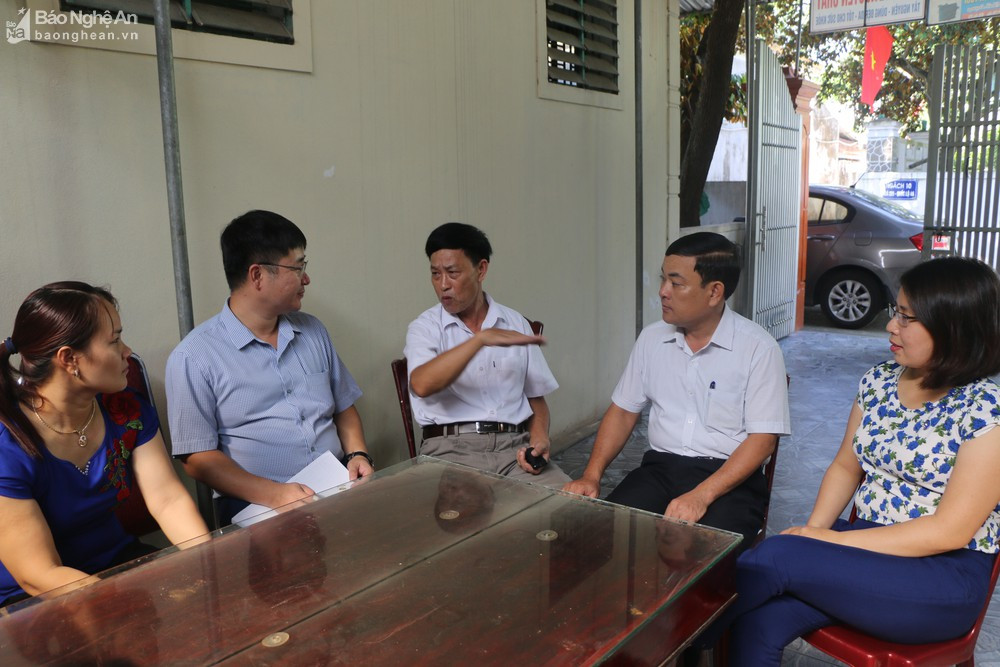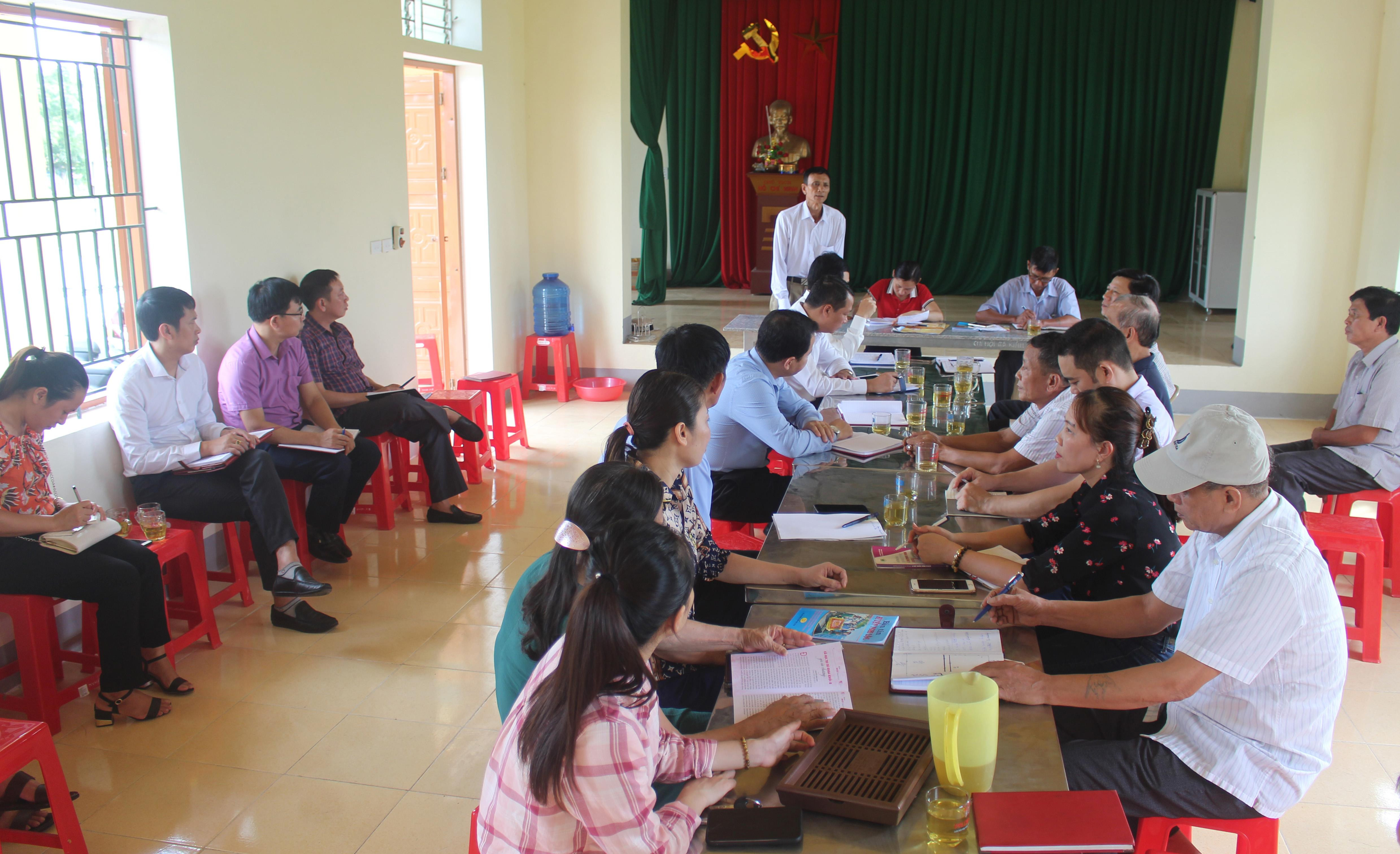Strictly implement the Questioning Regulations in the Party
(Baonghean.vn) - Questioning is a combination of the two words "chat" and "van". "Chat" means to honestly question; "van" means to ask, to exchange information with each other. Questioning is to ask and request a clear explanation, to ask from many angles, to clarify a certain content.
 |
| Panorama of the 13th National Congress of the Party. |
Questioning is to clarify in a positive direction with a good, honest, and constructive purpose. Questioning is different from criticism. Criticism is to oppose what has been stated, to say the opposite (turn around) from what has been stated to change or correct what has been stated. Criticism is also positive, to avoid mistakes.
Questioning is not a new concept or activity. However, implementing quality questioning is not easy.
Based on practical needs, the 10th Politburo issued Decision No. 158-QD/TW, dated May 12, 2008, promulgating the Regulations on Questioning in the Party. This is the first document regulating the issue of questioning in the Party, a highly combative activity, with the goal of "promoting democracy, enhancing the responsibility and leadership capacity, and fighting strength of Party organizations and Party members". Through questioning, issues that the questioner does not understand are clarified; thereby creating trust, solidarity, unity within the Party, consensus among socio-political organizations and the People.
In the group of solutions on Party organization, cadres and activities, Resolution of the 4th Central Conference of the 11th tenure also requires: "Promoting true democracy within the Party, seriously implementing the Questioning Regulations within the Party, especially questioning at meetings of the Central Executive Committee and Party committees at all levels".The Party Questioning Regulations must be implemented soon as an urgent activity, to practically contribute to solving urgent issues in Party building today.
 |
| Secretary of the Xuan Hoa block Party cell, Nam Dan town discussed the contributions of retired party members in building the grassroots political system. Photo: Gia Huy |
The Central Inspection Commission has issued many documents guiding the implementation of this Regulation.
Questioning within the Party is both a continuation and a "twin brother" of self-criticism and criticism within the Party committee and, more broadly, within the entire Party.
Accordingly, the questioning within the Party is organized at a separate conference or is set aside as a part of the conferences organized by Party committees at all levels. The questioning and answering of questions are prepared seriously, with principles and specific instructions.
There have been many quality and effective question and answer sessions, which have received the approval of cadres, party members, and the people, contributing to strengthening trust and consensus in the community and society, creating positive changes.
For questioning to achieve its purpose, the questioner and the agency or person answering the question need to have a clear mind, be prepared with a serious and responsible attitude, create an open, receptive, democratic atmosphere, and be ready to listen and accept frank and correct comments.
The luggage that each committee member and party member brings to the conference must include "questions" from cadres and party members in the party committee or in their field. Life raises many questions. Only committee members who are not close to reality and do not know how to listen will not grasp them. From their position and work responsibilities, each committee member faces many difficulties due to unsynchronized mechanisms and policies, due to the lack of close and timely direction from superiors, when their authority cannot resolve them. These are also suggestions for questioning. They are also a demonstration of the closeness, responsibility and courage of each committee member. Questioning questions must be responsible, objective and highly constructive at the "questioning level"; and the answers to questions must contain self-criticism, honesty, objectivity, transparency and openness.
 |
| Regular meeting of the Party cell of Bac Bo Son hamlet, Nghi Van commune, Nghi Loc district. Photo: Nhat Tuan |
Those who raise questions should focus on unclear and unsatisfactory issues that many people are interested in, and on content that affects the legitimate rights and interests of local groups and units. Do not take advantage of the questioning forum to be jealous, make things difficult, cause confusion, lose trust, and lose solidarity. Questions must be appropriate to the subject, appropriate to the field of the person in charge, and must be asked in advance so that the respondent has time to prepare in order to meet the requirements.
The person answering the question must be aware of the principles, meaning, and responsibility of answering the question. It must be clearly defined: Being questioned is an opportunity to "separate oneself from oneself" to self-criticize. That is the ability to self-analyze and self-evaluate. Thus, questioning becomes a scientific activity in Party building. It is necessary to prepare the content carefully, answer the question directly, frankly, receptively, without being evasive, evasive, or roundabout. Especially, one must not be prejudiced against those who often question,...
Each Party Committee, especially the head of the Party Committee, is responsible for creating a democratic environment for questioning within the Party, along with self-criticism and criticism, to make Party activities truly practical and effective. At the same time, pay attention to implementing the Party Questioning Regulations at lower levels. If done so, trust will spread, penetrate deeply, and be absorbed for a long time among the masses.
